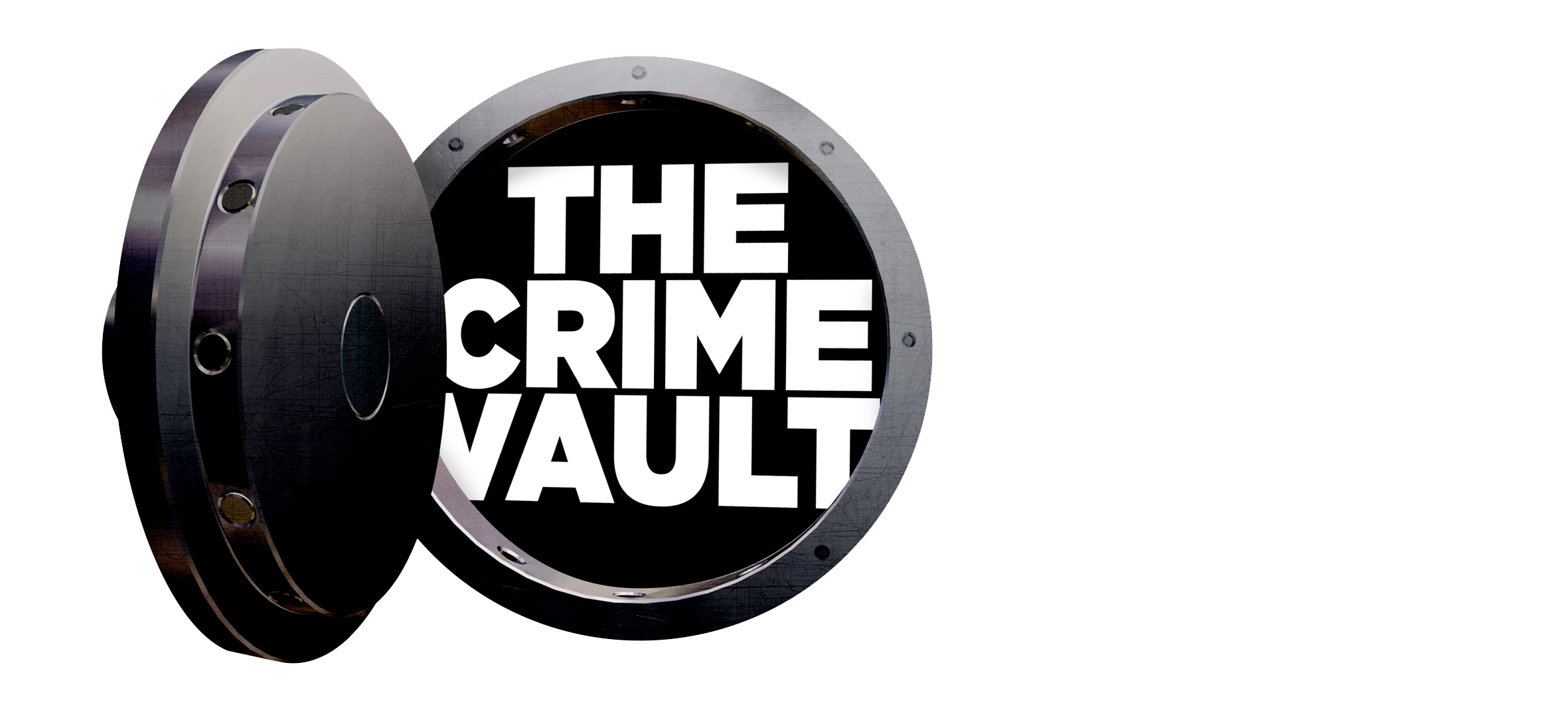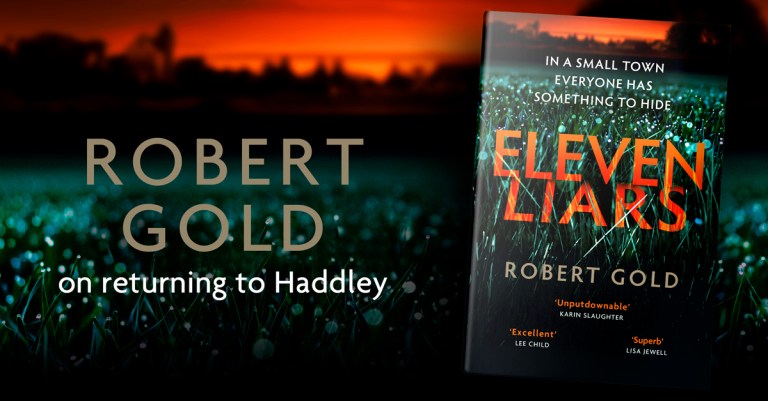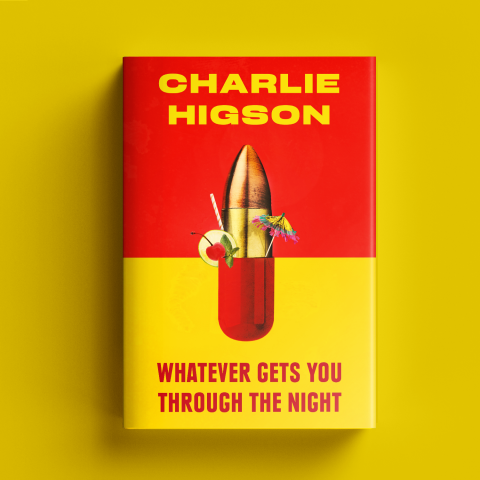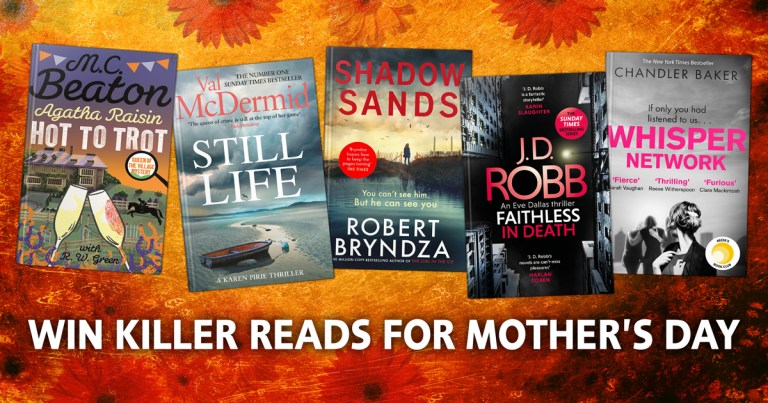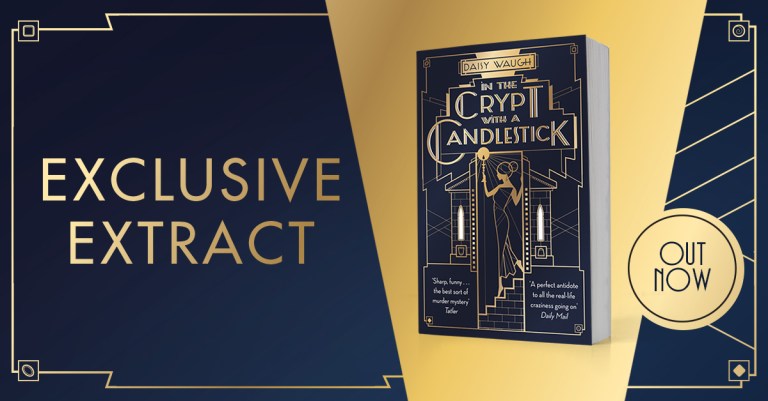A Q&A with bestselling author Charlie Higson
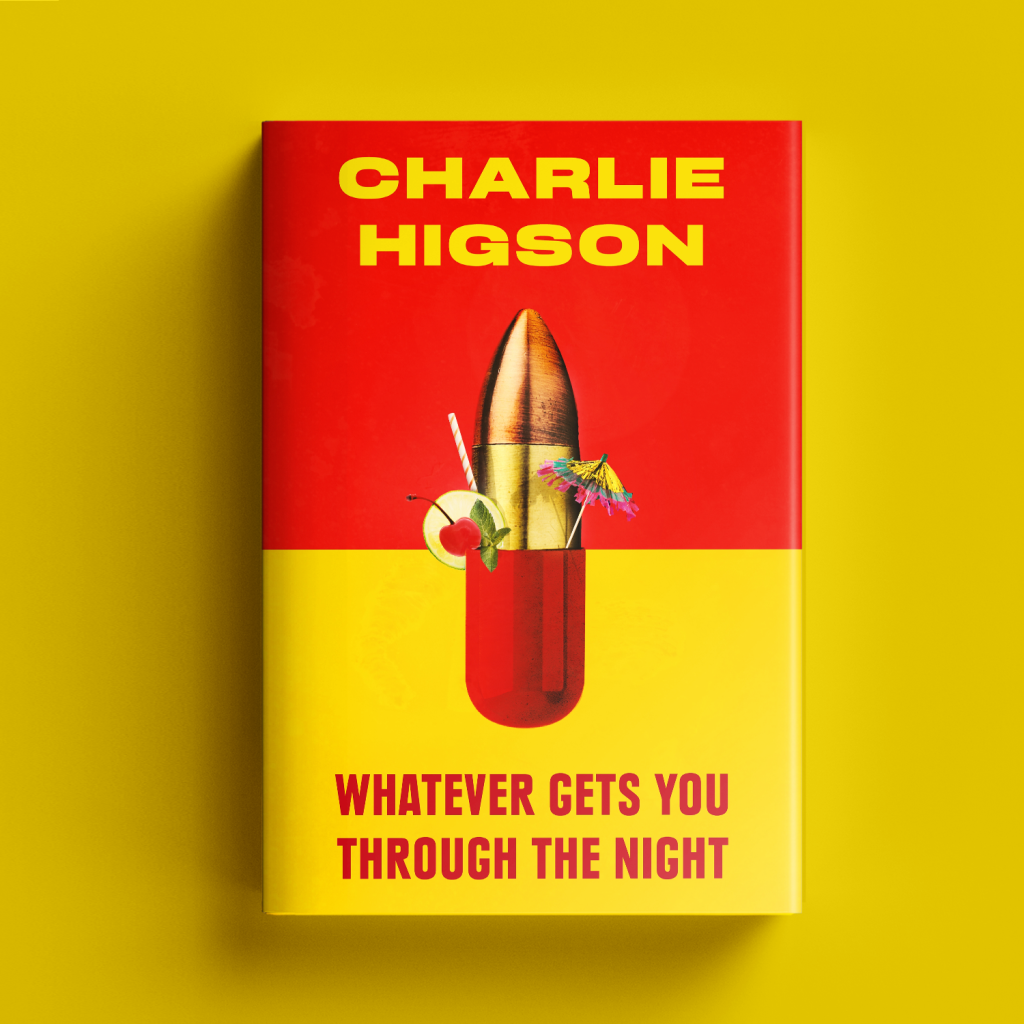
- Tell us a bit about Whatever Gets You Through The Night and what inspired you to write it?
This is my return to adult crime fiction after 25 years away. Back in the 90s, having written 4 thrillers, the Fast Show and a young family pretty much took over my life, and in the new Millennium I started writing for younger readers with, first, a series of Young James Bond books and then a series of YA zombie books called The Enemy. Now that my kids have grown up and all left home, I thought it was time to get back to writing for adults. It was quite a release to be able to write about subjects and use language that I’d steered well clear of in my books for younger readers.
Whatever Gets You Through The Night is a crime story set on Corfu. It’s a blackly comic heist, where dark and dirty goings-on contrast with the sunny holiday vibe of sunbathing, partying, and clubbing. Perfect holiday reading – if Covid gives us a break this year. Cosy crime seems to be a big thing right now, understandably, but this is not so much The Thursday Murder Club, as The Friday Night Psychopath’s Society. It tells the story of an oddball team of characters who go to the island to spring a young girl from the clutches of a tech billionaire with a predilection for underage girls.
- Are there any writers who have inspired your work?
I guess every writer you read inspires you in some way, fills you with the desire to entertain other people in the way that you’ve been entertained by them. My love of Patricia Highsmith fed into my new book. She had a good run of thrillers set in sunny holiday destinations, like The Two faces Of January, set in Crete, and of course her masterpiece The Talented Mr Ripley, set largely in Italy. I love all the old pulp fiction guys, particular Jim Thompson, Charles Willeford and James M Cain. The crime books I like – and try to emulate – tend to be about criminals, or ordinary people pushed into criminality, rather than detectives and police procedurals. The two books that most inspired me to write Whatever Gets You Through The Night, however, were both detective stories – Wrecked by Joe Ide (the third in his IQ detective series) and Red Harvest, by the granddaddy of hardboiled detective fiction, Dashiell Hammet.
I’d had some ideas for new thrillers knocking around for years, but none of them had quite taken a grip on me. You can’t really start writing a book unless you’re sure you’ve got a killer central idea. Back in 1994, I’d been stuck in a similar situation. I had some ideas for books and had started writing a couple without much enthusiasm, when I had a sudden revelation one night in the pub – A man kills someone and spends the rest of the book trying to get rid of the body. Bingo. I wrote ‘Getting Rid Of Mr Kitchen’ pretty fast after that. But, two years ago, I wasn’t getting any Bingo moments. For the first half of 2020 I couldn’t concentrate on anything at all. Covid was pressing down with a heavy sack filled with anxiety and uncertainty. I had lots of random ideas but couldn’t figure out how to pull them together, but I did manage to get away to Italy in the summer, by now utterly bored of Covid, and wanting to get my teeth into something. And, while I was there, I read Wrecked…
Joe Ide is good at keeping several balls in the air at once. He sets up lots of different characters and storylines in Wrecked and his street detective, IQ, has to sort them all out and play the rival factions off against each other. That was my way into the book – I realized I could use all the stories I’d had swimming around in my head for years.
Wrecked reminded me of Red Harvest, which I hadn’t read since I was a teenager in the 70s. Hammet pretty much invented the hard-bitten private eye figure with his Continental Operative. In Red Harvest he travels to a corrupt small town, where rival groups are making the locals’ lives a misery – gangsters, bootleggers, gamblers, corrupt cops and venal politicians have the town sewn up between them. But The Op blows the whole thing wide open by playing the various elements off against each other. The story was ‘borrowed’ by Akira Kurosawa for his film Yojimbo, about a down at heel samurai arriving in a town plagued by two warring factions. Kurosawa’s film was then pretty much remade by Sergio Leone as A Fistful Of Dollars. I figured if the idea had worked for these guys it could work for me. So that was my starting point – Macintosh, leader of the good guys, discovers that there are various groups on Corfu who he can use to break the tech millionaire’s shell and get into his compound. So, it’s a story about Albanian gangsters, dodgy Greek club owners, conspiracy theorists, corrupt cops, spoilt rich kids who get their kicks by doing petty crime… all caught in the orbit of the debased tech millionaire, Julian Hepworth.
I wanted the story to feel loose and funky. This is not a hard-hitting, machine guns and explosions thriller. It’s probably closer to the classic Elmore Leonard crime stories of the 80s, which I absolutely love. His books are about character and dialogue and interesting situations with the occasional moments of violence that are all the more effective for being occasional.
The other writer who had an influence on my new book is Gregg Hurwitz, whose Orphan X books were recommended to me by brother. The premise of Orphan X is that old chestnut – rootless young kids are being taken off the streets and trained as elite assassins. The books are very entertaining, very contemporary, very violent, and utterly implausible. Orphan X has grown up to become The Nowhere Man, an ultra-professional solo agent. I liked the idea of a guy who specialises in helping people out of bad situations (like IQ – and Jack Reacher), but thought it’d be fun to write a riposte to Hurwitz’s books and create a very unassuming central character who hasn’t led a crazy life and just wants to help people. Someone quite ordinary who uses his brains rather than a succession of high-powered firearms to get things done. More George Smiley than James Bond.
Sorry – long answer.
- What are your top 3 books that you read again and again?
That’s a presumptuous question. Who has time to read books again and again? There are millions of them out there and millions of more of them are published every year. I’ve always felt that life’s too short for rereading books. I’ve started writing down the details of every book I read in a notebook so that when I’m asked at the end of the year what books I’ve read I can consult my list. It averages out at 30 a year. Where would I be if I was constantly re-reading something I’d already read?
- What novels are sat waiting on your bedside table?
I have piles of books everywhere waiting to be read. I love bookshops and I love buying books. I’m forever reading an article or having a conversation with someone and then going online and ordering a book that’s been discussed. Quite a few of them bite the dust, I’m getting better at putting down something that doesn’t work for me. At the moment, I’m really looking forward to The Feast by Margaret Kennedy, that a friend recommended. It’s a dark and witty social comedy written just after the war about a cliff falling on a hotel. Having become obsessed with the fantastic and utterly immersive Witcher game on the Nintendo Switch during lockdown, I’ve been working my way through the Andrzej Sapkowski books, which are not what you expect from a fantasy series. There’s a lot of clever dialogue, philosophical and religious debate (as well as some cool monster slaying). I’ve got Time of Contempt ready and waiting. Then there’s The last Viking by Henry Treece. I read a lot of kids’ historical fiction growing up in the 60s and loved writers like Treece. I’ve been buying his books from AbeBooks. I’m obsessed by the Vikings and the combined Viking and Norman invasions of 1066, which his Viking series is all about. Also, like everyone else, I’ve got Piranesi by Susanna Clarke waiting to be read. That’s quite enough for now.
- Without giving away too much, are you able to give us a taster of your next book?
My next one! Give me a break. Can’t we enjoy this one first? I’m in the middle of writing and show-running a huge 10 hour TV fantasy series, developing a film and 2 other TV series… but, that being said, I think my next one will probably be another kids book, as it’ll be shorter and quicker to write than another adult crime book (I’d love to write a sequel to Whatever Gets You Through The Night, but that depends on it being a success). So, I’ll be writing a sequel to the kids’ comedy book I had out last year called Worst. Holiday. Ever. about a shy boy called Stan trying to deal with life.
- What book made you want to become a writer?
God knows. But I do remember reading Winnie the Pooh and writing and illustrating what was basically a Winnie the Pooh rip-off when I was about 10. It was, perhaps unsurprisingly, about a bunch of odd toys living in a forest.
- Where do you write?
The physical act of writing takes place in my office at home. It’s a converted loft space with a great view out across the gardens of Tufnell Park. In the summer, if I ever look out of the window, all you can see is trees. But writing is done everywhere and all the time. The thinking part, the problem-solving part, the coming up with characters and storylines part, usually happens in the bath or when I’m on a long walk. Which is why I prefer to walk by myself than with other people. Writers are lousy companions.
- What’s your favourite crime novel?
Pop 1280 by Jim Thompson. It’s bloody brilliant.
- Where did you first get the idea for the novel?
Whatever Gets You Through The Night came together from lots of different places. As I say, I’d had various ideas knocking around, but hadn’t been able to pin them down – a spy story featuring a stone-cold agent who specialises in disappearing people, a story about ex-pats, drunks and losers washed up somewhere hot and sunny drifting into petty crime and then worse… I’d also been toying with the idea of writing a sequel to one of my 90s thrillers, Full Whack, about a petty criminal and hard nut from the streets of Hackney called Denis Pike, who tries to go straight (surprise, surprise – figures from his past turn up and drag him back into a world of pain).
We used to go on family holidays to Corfu through the 90s and into the noughties and I’d always wanted to set a book there. One time we took a boat trip down the Straits of Corfu and the skipper pointed out the Rothschild estate. It was an amazing private compound, where we could just make out the figure of a glamorous blonde relaxing by the pool. The skipper assured us it was Joanna Lumley. I’ve no idea if it really was her, but I knew I wanted to write a story set somewhere like that. Particularly as the Rothschilds had bought the strip of Albania directly opposite, so that they weren’t over-looked…
But it needed something else. And then, like everyone else, I become obsessed with the appalling story of Jeffrey Epstein and Ghislaine Maxwell. I wondered about all the parts of it we’ll never know. How does a set up like that function? What was her part in it all? What goes through the mind of a man – and a woman – like that?
It wasn’t a book yet. But, then, luckily, Joe Ide, Dashiell Hammet and Gregg Hurwitz showed me a way to pull it all together. My spy/assassin became the unassuming Macintyre. I kept Corfu, the ex-pats and the petty crime elements, and I brought back Denis Pike, now in his 60s, to help Macintyre out. And my chief villain is Julian Hepworth, a wealthy, controlling ephebophile who owns a big estate on the cliffs opposite Albania…
Thrillers continue to be such a popular genre, and yet really good thrillers are incredibly difficult to write. If you had to pick the three key ingredients of a great thriller, what would they be? And what advice would you give to a writer on the first draft of their first thriller novel?
Ok – I’m going to borrow some advice given by other writers…
Billy Wilder: “Grab ‘em by the throat and never let ‘em go.”
Elmore Leonard: “Try to leave out the part that readers tend to skip.”
Ian Fleming: “My books are nothing more in the end than straight pillow fantasies of the bang-bang, kiss-kiss variety. It’s what you would expect of an adolescent mind — which I happen to possess.”
Raymond Chandler: “The demand [in the pulp fiction magazines] was for constant action and if you stopped to think you were lost. When in doubt have a man come through a door with a gun in his hand. This could get to be pretty silly but somehow it didn’t seem to matter. A writer who is afraid to over-reach himself is as useless as a general who is afraid to be wrong.”
So – don’t be boring. Tap into your adolescent mind. Have fun. Don’t worry about going over the top. Don’t try to be a ‘great writer’, try to be an entertaining one. As Chandler went on to say, in the article quoted above – “As I look back on my own stories it would be absurd if I did not wish they had been better. But if they had been much better they would not have been published.”
